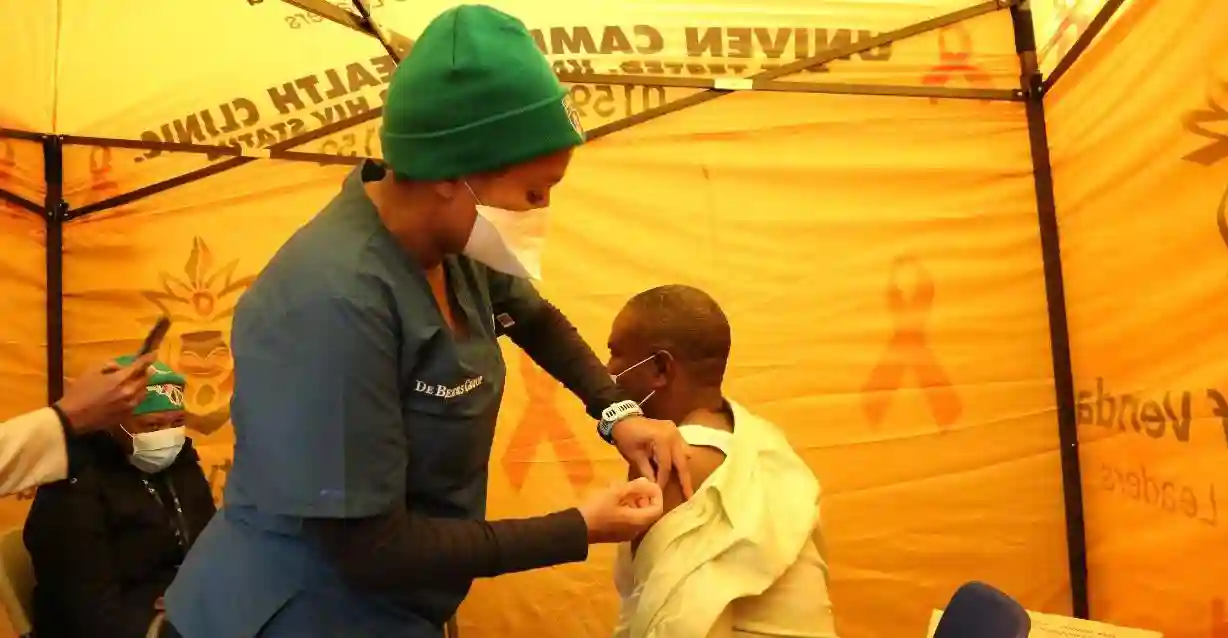News24 says official statistics and audit reports show that poor management and lack of internal controls – and not foreign nationals – are to blame for the limited resources in South Africa’s health institutions.
The publication says annual reports, analyses by the Office of the Auditor-General and statistics show that mounting medico-legal claims, lack of consequence management, irregular expenditure and shocking vacancy rates is what is “killing” hospitals and healthcare in Limpopo.
This comes as Dr Phophi Ramathuba, Member of the Executive (MEC) of Health in Limpopo accused foreign nationals seeking medical treatment in the province of crippling South Africa’s health sector.
News24 says Ramathuba’s comments toward a bedridden Zimbabwean patient were incorrect and misguided. Ramathuba told the patient:
You are killing my health systems.
You are even illegal [and] you are abusing me. It’s unfair.
So, sisi, you won’t be discharged until you settle your bill.
According to Ramathuba, 91 per cent of the 5.7 million people in Limpopo depend on the state for medical services which, according to her, was instead being eaten by foreign nationals.
The reports & analyses by the Office of the Auditor-General show that:
1). Since Ramathuba took up her position in 2015, medico-legal claims against the department have increased to billions, posing a serious threat to the province. According to the 2020/21 annual report, R9 billion in cerebral palsy claims made up part of the R12 billion claims against the department.
2). Staff vacancies for critical posts, like specialists and nursing, have also increased, yet more than half of the department’s budget is spent on compensating employees.
3). While irregular expenditure is on a downward trend, a lack of consequence management appears rife, opening the door for continued deflection of resources.
4). The money is there – billions allocated to the department every year – yet consistent underspending per programme and a deviation of money from critical resources means there is little impact in clinics and hospitals.

